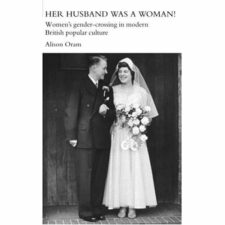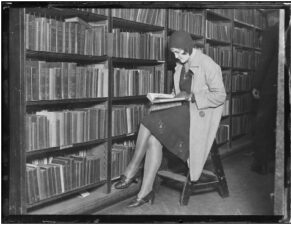The Americans are celebrating their independence from Britain today. Congratulations and good luck to them. But what about celebrating a couple of other, smaller victories from this date?
On 4 July 1784 Hester Thrale composed a letter of measured, dignified rebuke to Samuel Johnson, who had sent her an intolerably rude letter about her intention of marrying again. She had endured 18 years of her arranged marriage to Henry Thrale, tolerated the megalomaniac plans (which had bankrupted him at last) to become the biggest brewer in the trade, borne him 12 children, and agonised over the deaths of 9 of them. Johnson had been the closest of family friends. Together the Thrales had rescued Johnson from depression; Hester had cared for him as a cherished mentor and as a regular, long-term, high-maintenance house-guest. There were rumours at the time of an erotic relationship between them, and the rumours have never gone away, though most biographical scholars think them unlikely. In 1784 Hester Thrale was a woman in her prime with a romantic nature and a strong sex drive. She was also in love, and this in a woman of 43 was unacceptable to the scandal-fearing Bluestocking group and to her own daughters as much or more than it was to Johnson. He was an immensely eminent man of seventy-four, half-blind and riddled with disease. At the time of this exchange of letters he had five more months to live. But Hester Thrale had been a cherished disciple and daughter to him; the idea of her marrying another man was intolerable. His letter, though he no doubt sincerely believed it to be written in her best interests, to save her from marrying a suspect, Roman Catholic foreigner, was a claim to emotional possession. Her reply – affectionate, regretful, but rock solid – was her declaration of independence. And in her second marriage she found the love she was counting on.
On 4 July 1828 the House of Lords confirmed a judge’s decision to award custody of three motherless children not to their father but to their maternal aunts. In this case the mother had begun divorce proceedings before she died (citing her husband’s flagrant sexual immorality) and had begged her sisters to keep the children out of his hands. Still, the setting aside of “parental” (i.e. father’s) rights in favour of the interests of the children was unheard-of.
Along with colleagues, Dr Isobel Grundy, University of Alberta, established the ground-breaking Orlando project– a scholarly history of women’s writing in the British Isles. She is author of the biography, Lady Mary Wortley Montagu: Comet of the Enlightenment.

